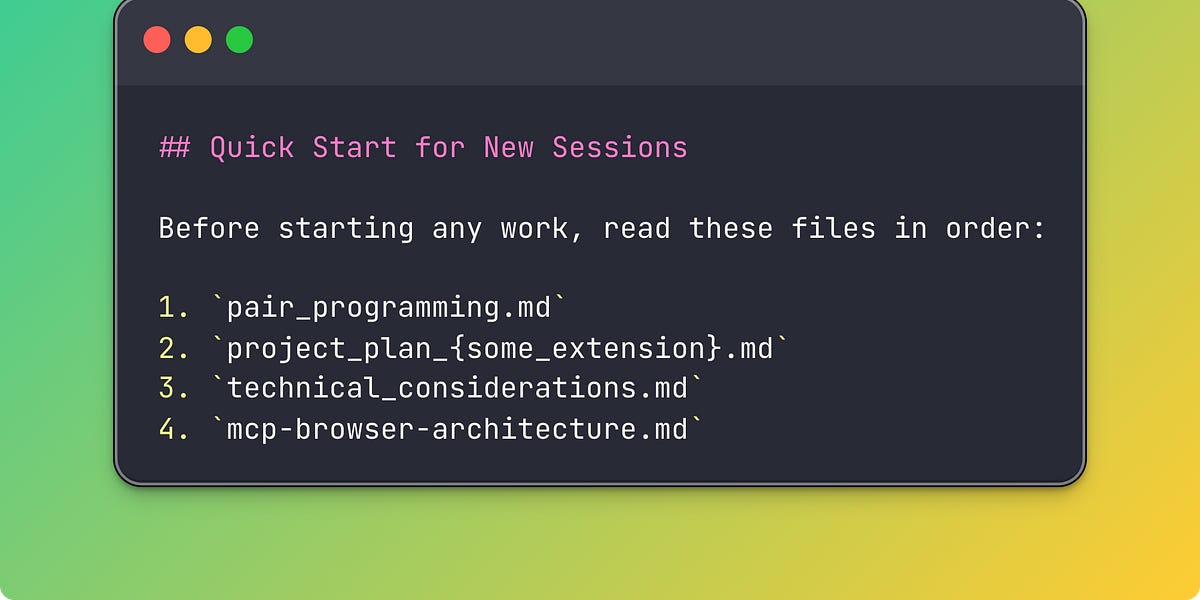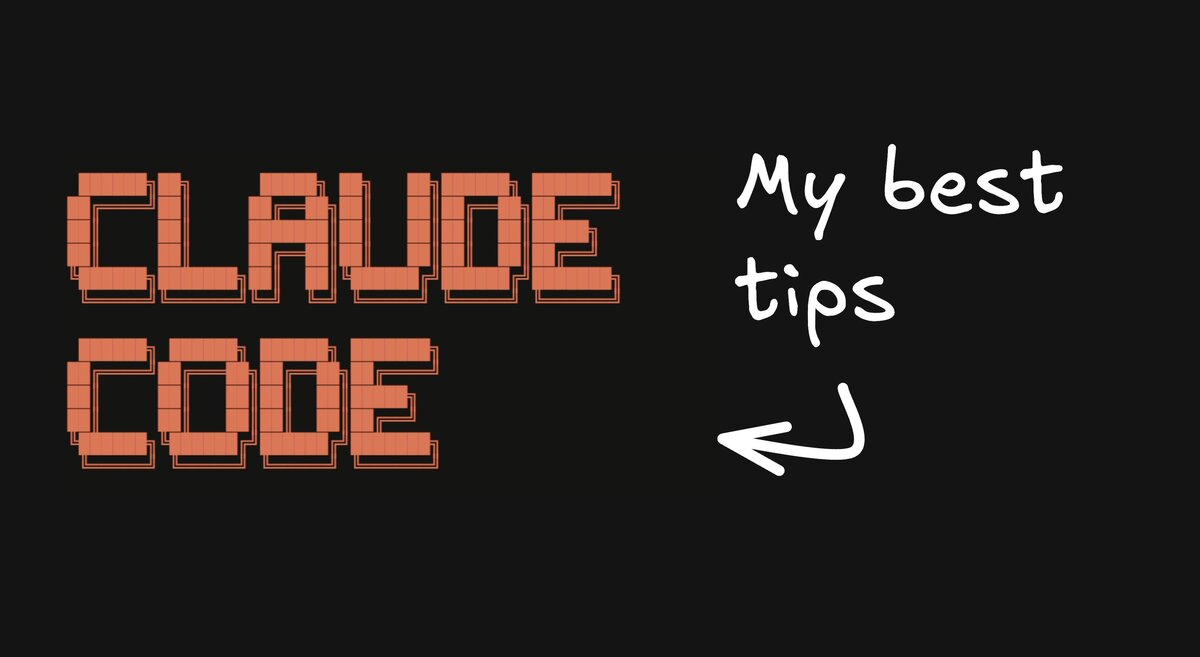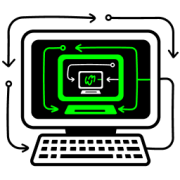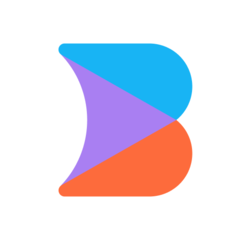Figuring out where AI fits
I was recently asked for some advice about how to use AI to prepare for a career in tech, and responding to that request did a lot for me to help me clarify my own thoughts. I guess I don't know if this really counts as advice, but it's what I've done to see where AI fits for me personally. I'm not an AI-everywhere guy, and I'm not an AI abolitionist.
One thought to start (for students especially, but really for anybody): It can be tempting to use ChatGPT/GenAI to do your school work, and I’d caution against that. You have the chance in school to focus on training your own neural network (your brain) by providing it lots of practice, repetition, memorization, and learning how to think, write, communicate, and create. If you offload that to GenAI, you’re going to be missing a crucial opportunity to change the way you think about the world, and how you approach problems. I would assume that your professors take a lot of time preparing course materials and activities to be effective ways for you to learn the things they are trying to teach you. Don’t shortchange your future self by passing the opportunity to learn now in this time dedicated to learning.
That being said, I find it incredibly useful in some ways in my own work. I use it to brainstorm ideas, to talk through options, to help me find research and clarify my thoughts. I also use it a lot to do programming, since I’m only a mediocre programmer, but I have lots of ideas of things I can build to make my life easier.
The first thing I would do is play around with ChatGPT or whatever GenAI model in a bunch of contexts. The link below has 30 days worth of ideas of things you can do with GenAI to learn how to work with it and learn what it’s capable of. The key is to try to be consistent with it so you can develop that intuition for when it works well, when it doesn't, and how to make it do what you want, better.

The second thing I would do (maybe in parallel to the first) is to pay for either ChatGPT (for Codex) or Claude (for Claude Code) or Github Copilot (free for students) so you can start using it with your programming. Again—not for class programming where the goal is to learn, but for your own programming where the goal is to create. Start looking for little things you can do to make your life easier, and use AI to build things way faster than you ever could on your own. I've linked some articles below that were useful for me. Learn how to work with it as a pair programming buddy, and how to get it to plan larger tasks. It helps if you structure a to-do list in a way that you can manually test along the way if it is working the way you want.


To help give you some ideas about how I am using it, here are some things I’ve built either largely or entirely with Claude Code:
- A website that interacts with Cloudflare’s DNS API so I can have students in my class create and edit DNS records on my domain without giving them a password to my Cloudflare account. This site uses Elixir and Phoenix to keep the list up-to-date for all users who are on the site at any time.
- A simple Python script that uses Whisper to transcribe audio files that I’ve recorded for my class, and combine them into 1 transcript per section. Then I can take the 4 transcripts of the sections I taught that day and pass those to ChatGPT with a custom prompt to generate an AI summary of my class, with review questions and an outline of the things I taught across all 4 sections. I've got the barebones of the process automated, and now I'm working to add features to automate more of it.
- A local-only web interface that loads intro videos of our students that I can navigate with the keyboard to quickly learn about the 234 students in my class this semester.
These are relatively simple applications that solve problems that I have. I think what GenAI gives us is this ability to generate a solution that is custom fit for exactly what you need. The limit in creating things is no longer my mediocre programming ability—and time—but my ability to clearly visualize and communicate what I want to create. Rather than using some other solution that mostly works but doesn’t quite do what I want, in a couple hours I can develop something exactly for my narrow use case. If others want to use it, great, but it’s mostly for me, to make my own life easier.



